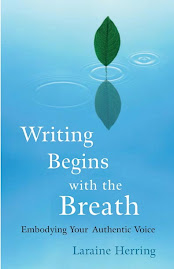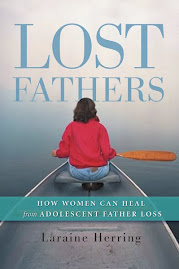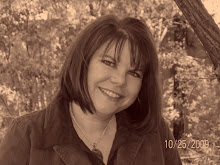Novelist Ursula K. Le Guin decries the linear perspective that dominates
modern storytelling. She says it's "like an arrow, starting here and going
straight there and THOK! hitting its mark." Furthermore, she complains,
plots are usually advanced through conflict, as if interesting action can't
possibly arise from any other catalyst.
Rob Brezny included that gem in his weekly Free Will Astrology e-mail. This week, though I'm still feeling less than myself, I did manage to teach a little bit in between serving as tech support for 85 students and coughing too much. I've got a heavy load this semester. Five different creative writing classes. We always have to teach five classes a semester, but five different ones makes for an interesting juggling act.
This week we started doing some in-class writing at last, and I began the inevitable and constant work of helping the students look inward with ruthless scrutiny and ruthless compassion. Much of what I teach is not about writing in a linear way (though I dress it up nicely so it looks like the learning outcomes) :-). Most of what I do is guide students into their lifetime journey of self-exploration. Until they look inside themselves and find themselves shocked and awed, in despair and in love with what they see, they will not be able to create believable worlds on the page.
I walk around the classroom and listen to their disclaimers of their work. Before they'll even share what they wrote, they tear it down. New work is as fragile as an antique teacup. New work must be allowed to breathe and speak before it is shaped by the craftsperson. One student mentioned that she wanted to develop a more sacred relationship to her writing. I rarely hear that during the first few weeks, but by the end of a semester with me, very few people believe writing is anything but a sacred relationship. We're off to a great start so far.
Le Guin's statement hits at the heart of my philosophy on writing. Yes, plot is a causal relationship, but the structure of a story or a book can be anything but linear and expected. This may follow that in "real life", but in narrative we have the luxury of the manipulation of time and space. But wait. Does this follow that in "real life"? Or do we just perceive that it does? Pearl S. Buck says, "One faces the future with one's past." We look ahead to what we can be and do based on where we have been and what we have done. So even "real life" is not as directly causal as it appears on the surface. This follows that because of that and that and that ... or ... because that and that and that did NOT occur, this did. It's not a line. Remove a section within a line and you've still got a line. Remove a piece of a spiral and the whole pattern changes.
I teach to the odd mix within a classroom of people who want to be writers but don't read and people who are never without a book in their hands. A mix of 18 - 80 year olds. A mix of tastes -- romance writers, mystery writers, action story writers, literary fiction, horror, young adult -- all within a single class. A different series of causal events brought each of these warriors to the page and to the classroom. They love their writing and I love them because of it. I love their struggles and their frustrations. I love their false starts and their successful lines and paragraphs. I love most of all their warrior spirits that bring them over and over and over to the page. They are why I teach. There is no greater joy to a teacher than a student who takes his or her work seriously.
Whether my students publish or not, writing a novel or a story and following it through revisions, critique sessions, self-doubts, false praise, and finally that cutting, compassionate eye from within will change them forever. The world is a better place with each story written. Every time a writer takes a risk with her or his work, they give themselves the ability to take more risks in their "regular" lives. The way they approach their writing is the way they will approach their lives. Discipline and compassion cannot be turned on and off. Once the switch is flipped, they cannot go back to the way they were before.
When I look back on my life, I do not see it as a journey from point A to point B. I see it in defining moments. I see it in overlapping memories and overlapping relationships. I see it in a merging between what happened and what I wanted to have happened and what I have subsequently told myself happened. And I hope, when I am reflecting on my life for the final time, I will see the pattern I have written.
My pattern will not be a line that stretches from birth to death. My pattern will be a series of spirals, of turning in and back and around and forward. My pattern will dance, even as I spin away.
This is my sincerest wish for my students. When you look back on your lives, may your patterns spin and twist and meander. May the ending be the only possible conclusion to the work you've done. May you close your eyes and whisper, "It is perfect," and spin away.
Subscribe to:
Post Comments (Atom)











2 comments:
I often think of writing and life as a labyrinth with no center . . . it's all about how you navigate the turns and who travels with you that makes the never-ending "lostness" - in all it's beauty and frustration - worth it.
And that is what I hope my students, too, find. An ability to explore, to take the next turn and know something beautiful will be there.
Andi's comment is amazing. What an insightful description of writing and its role in the lives of writers.
Laraine, I like your site!
Beth Fehlbaum, author
Courage in Patience, a story of hope for those who have endured abuse
http://courageinpatience.blogspot.com
Chapter 1 is online!
Post a Comment